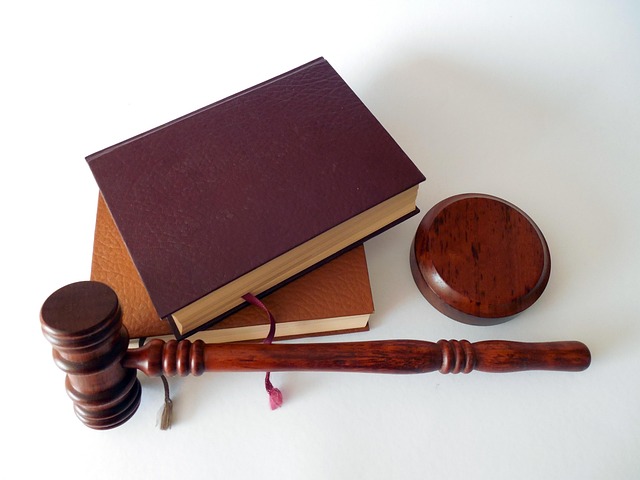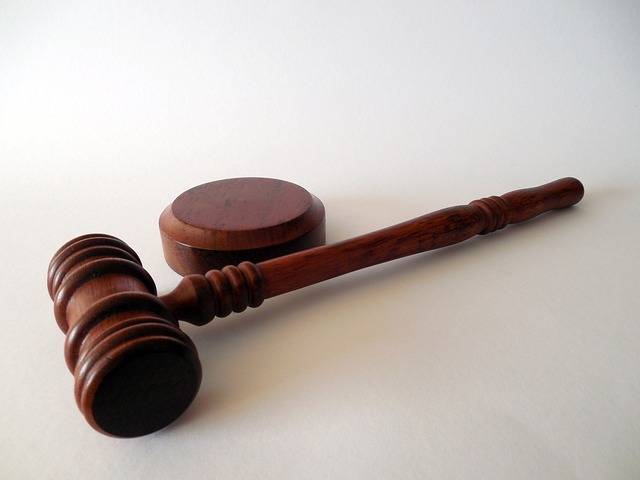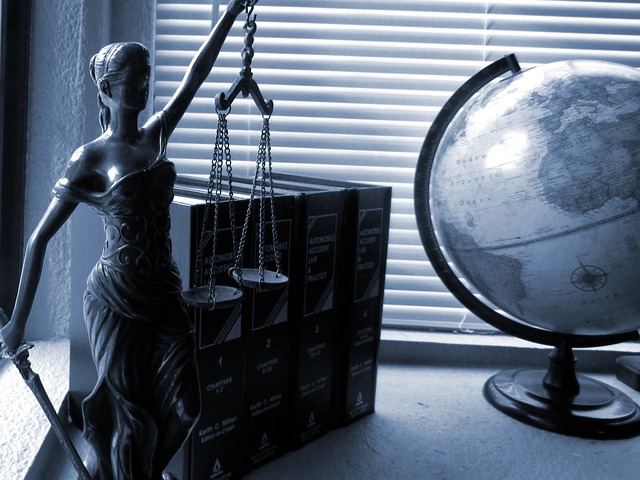Criminal defense hearings are crucial for individuals accused of crimes, emphasizing understanding procedures and rights. Hearings involve arguments, witness testimony, and evidence presentation to establish truth. Defendants have specific rights like confronting witnesses and protecting against self-incrimination, safeguarded by legal documents. Appeals process is intricate, requiring strategic guidance from experienced attorneys to challenge trial errors or unfair outcomes. Effective communication between clients and lawyers builds strong criminal justice defenses through trust, collaboration, and shared understanding.
“Uncovering the intricacies of the criminal justice system is vital for anyone facing charges. This article serves as a comprehensive guide, offering insights into the critical components of criminal defense hearings and appeals. We explore the rights and procedures that form the backbone of fair trials, delve into the grounds for appeal, and emphasize the importance of attorney-client communication in navigating these complex legal landscapes. By understanding these aspects, individuals can better navigate their criminal justice defense.”
- Understanding Criminal Defense Hearings: Rights and Procedures
- Navigating Appeals Process: Grounds for Appeal & Legal Strategies
- Effective Communication: Building Trust with Your Criminal Justice Defense Attorney
Understanding Criminal Defense Hearings: Rights and Procedures

Criminal defense hearings are a critical part of the criminal justice system, where an individual accused of a crime has the right to present their case and mount a defense. Understanding the procedures and knowing one’s rights is essential for anyone navigating this process. The first step involves ensuring proper notification of the hearing date and understanding the charges. Accused individuals have the right to legal counsel, who can guide them through the complex legal landscape. During the hearing, both the prosecution and defense present their arguments, call witnesses, and introduce evidence. This back-and-forth exchange is designed to uncover the truth and ensure a fair trial.
The rights of the accused include the ability to confront witnesses against them, ensure a speedy trial, and protect against self-incrimination. These rights are enshrined in various legal documents and must be respected by the court. The procedures can vary based on jurisdiction but generally follow a structured format to maintain fairness and order. Familiarizing oneself with these processes is crucial for anyone involved in criminal justice defense, ensuring that all parties have a clear understanding of their role and rights.
Navigating Appeals Process: Grounds for Appeal & Legal Strategies

Navigating the appeals process in a criminal justice defense is a complex and critical phase, requiring meticulous attention to detail. Defendants or their legal representatives must identify specific grounds for appeal, which may include errors in procedural matters, misapplication of laws, or ineffective assistance from trial counsel. Each jurisdiction has its own set of rules and deadlines, making it crucial to consult experienced criminal justice defense attorneys who can provide strategic guidance.
Legal strategies often involve reviewing the trial record, identifying inconsistencies or overlooked evidence, and crafting persuasive arguments to present before the appellate court. These strategies aim to demonstrate how errors at the trial level prejudiced the defendant’s rights and led to an unfair outcome. By employing robust legal tactics, defendants seek to overturn their convictions or reduce sentences, ensuring fairness and justice within the criminal justice system.
Effective Communication: Building Trust with Your Criminal Justice Defense Attorney

Effective communication is a cornerstone in building a strong defense strategy during criminal justice proceedings. When you engage with your criminal justice defense attorney, clear and open dialogue fosters trust and ensures your legal team understands your unique circumstances. This relationship becomes crucial, especially when navigating complex legal processes like hearings and appeals.
By actively participating in discussions and providing detailed information, clients can assist their attorneys in crafting a robust defense. Regular meetings, prompt responses to queries, and expressing concerns or questions openly help align expectations and ensure the attorney’s efforts are aligned with the client’s best interests. This collaborative approach enhances the chances of achieving a favorable outcome in criminal cases.






